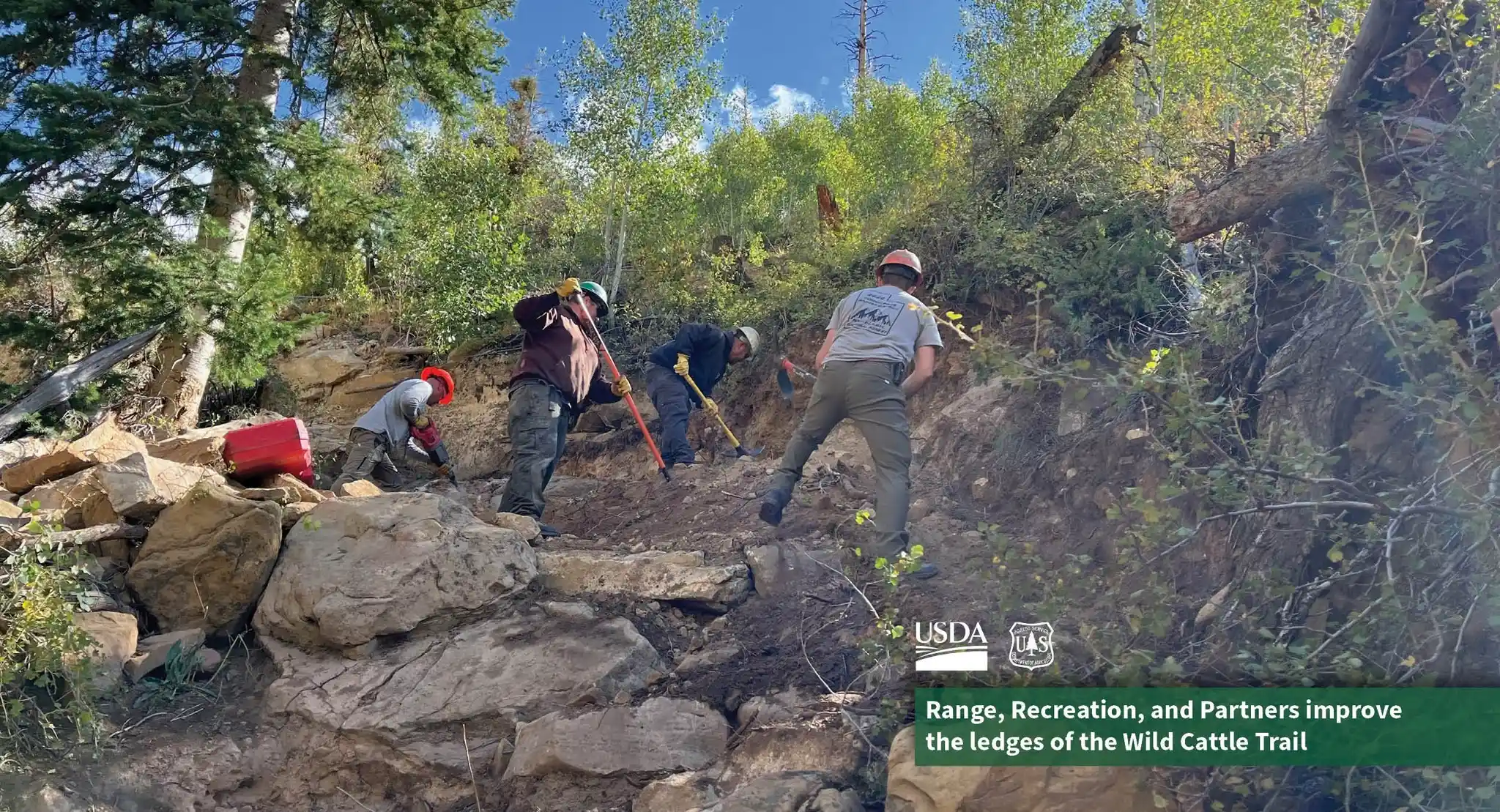At 11 years old, I was injured by a man who believed a defenseless child the perfect target. In high school, I was betrayed. Over the last decade, I have been attacked by three dogs. While working as a hired farmhand, I witnessed somebody commit loathsome acts that would curl your hair. A paranoid stranger accosted me and my wife while we walked across a public square in New Zealand.
Twitching and scarred, that Kiwi lunatic screamed in my face. He stood close enough that I could smell his old soup breath. Poised on the edge of violence, we stared into each other’s eyes. Then, to my unending astonishment, he began smashing himself in the face with his own fists.
Sometimes the world is a scary place. It conjures powerful experiences for all, and we own one tool with which to react: the brain. The human cerebrum balances on a hair trigger, poised to make judgments on all the risky circumstance of our lives and on the dangerous choices people make. Often, negative incidents prompt powerful and potentially destructive emotions like anger, jealousy, fear, hate or disgust.
These responses are the default settings for the mind when confronted by threats – from theft to violence to slander to sexual impropriety. According to research by psychologists and moral philosophers, these sentiments have played an important role in humanity’s biological and cultural progress. These emotions also influence our daily lives as we navigate the jumble of sensationalist headlines, debauched reality shows and social media memes.
The good news: Negative emotions help keep us (and our loved ones) safe. They tell us when to pay attention to threats. They steer us away from nasty situations. They might prompt us to exclude cheaters. They prevent us from doing things that would put our offspring’s genes in jeopardy.
The bad news: Negative emotions are remarkably fallible.
First, we tend to be more sensitive to bad things than to good. Psychologists call this negativity bias. It makes sense to give more weight to those things that might harm, but this tendency has more than once tricked me into missing the nuances of a situation. That betrayal in high school, for example, was actually the result of a family member trying to do the right thing – to help me. That’s why she read my private journal.
Second, we’re not always attuned to right and wrong. During the latest dog attack, I was perfectly irrational. I became irate at the dog when in fact the owner was responsible for protecting bystanders from a pooch she assured me was “friendly.” And that guy who injured me at 11 years old – in my rage, I wanted to harm him, even if doing so would injure innocent bystanders.
Third, people create in-groups and out-groups too easily. Divisions can be horribly and enduringly destructive. Politics is a great example. Nazism, in particular, reminds us how ideas about “others” can distort perceptions. The hateful stereotypes about Jews paved the way toward one of history’s greatest atrocities. Contemporary distinctions on the basis of party, race, religion, gender and sexual orientation prompt hatred or disgust from otherwise kind people.
However…
There is a beautiful thing about being human, and it is also housed inside these skulls. It’s called the neocortex. In his book, “Just Babies: The Origins of Good and Evil,” David Bloom writes, “Adult morality is influenced by rational deliberation. This is what separates humans from chimpanzees and separates adults from babies. These other creatures just have sentiments; we have sentiments plus reason.”
Our capacity to step back from the emotional brain and engage the thinking mind – the neocortex – makes us special, unique in fact. We can combat the risks of moral sensibilities that sometimes tragically err. Over time, this skill has bestowed us with ever more just laws, sensible hiring procedures and policies that override bias and parochialism.
Therefore, except in cases where right and wrong are wholly self-evident (such as when an innocent is harmed – and perhaps even then), I hereby commit to using my thinking brain whenever possible. When somebody makes a claim about the other party’s intention. When a talking head on TV expresses an inflammatory opinion. When next I feel angry, vengeful or disgusted.
Sometimes the world is a frightening place. We know angst and outrage will explode as we approach election day in November. Threats will splatter in all shapes and colors across the canvas of the future. However, I vow to make the world a little less scary by trying to cultivate my intellect over my animal brain. As Bloom says, “This wouldn’t be so important if our evolved sentiments were perfectly attuned to right and wrong. If our hearts were pure, we wouldn’t need to use our heads.”
We do need our heads. Fortunately, above these primal brain stems, we have at our disposal great globs of beautiful gray that empower us to be better than beasts.
Daniel McNeil is the director of Grand Area Mentoring.





